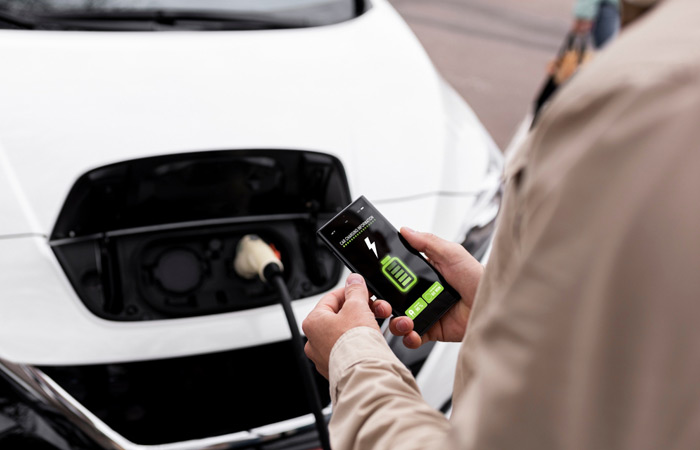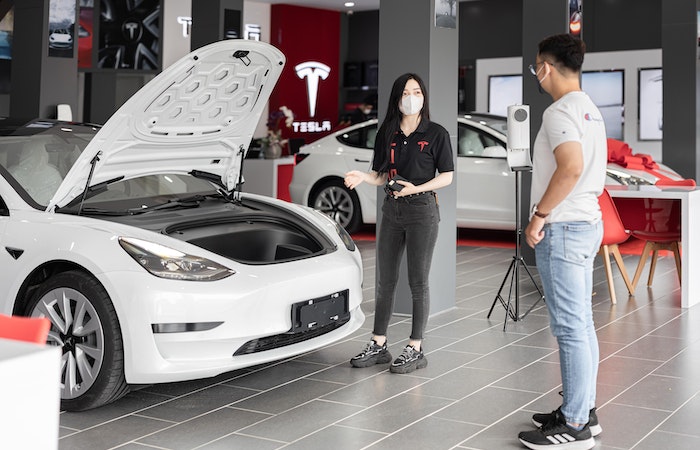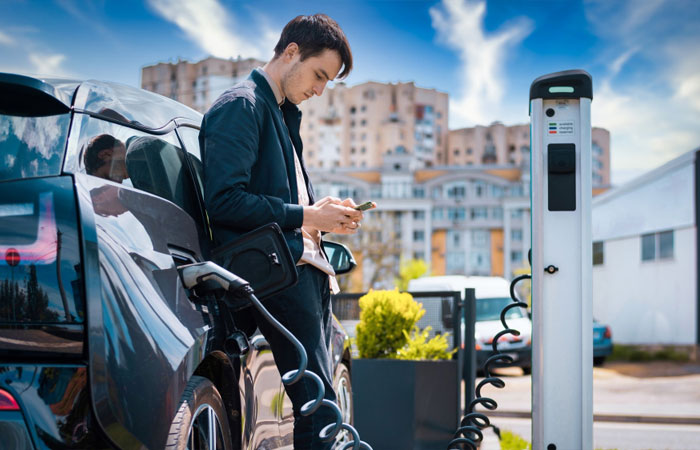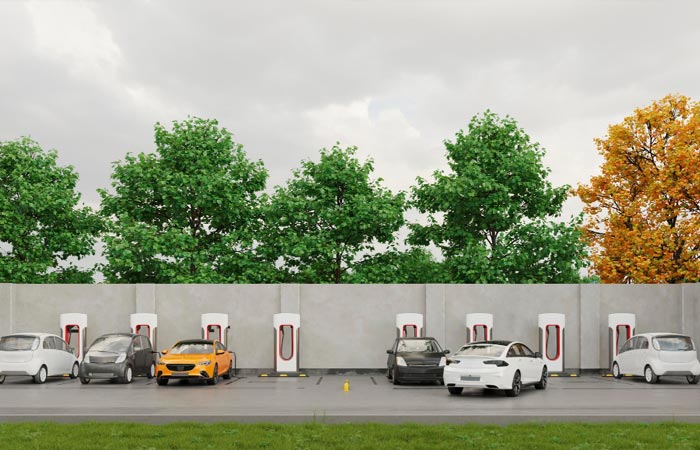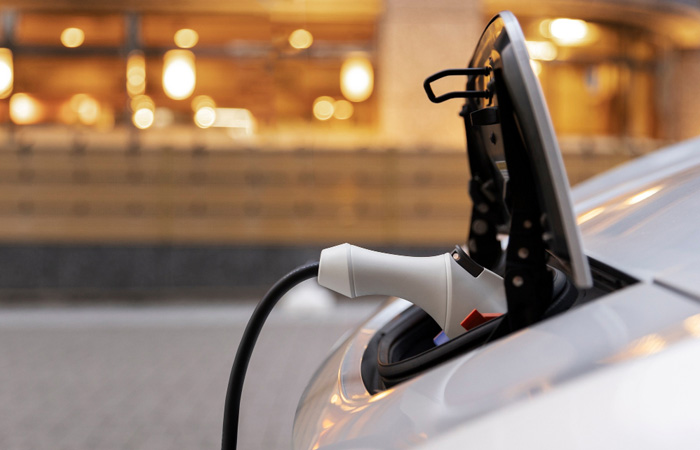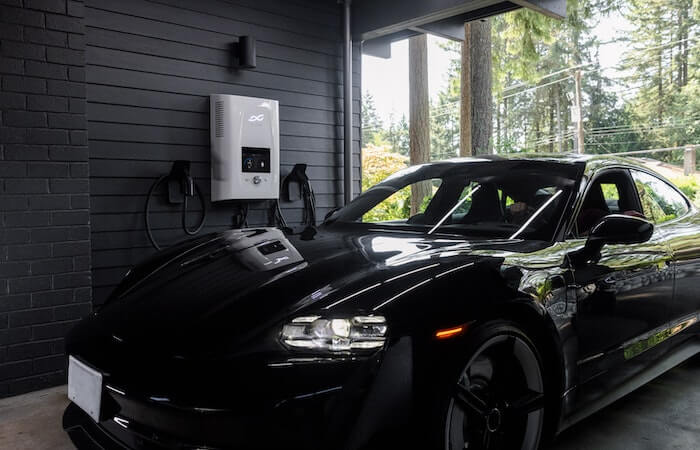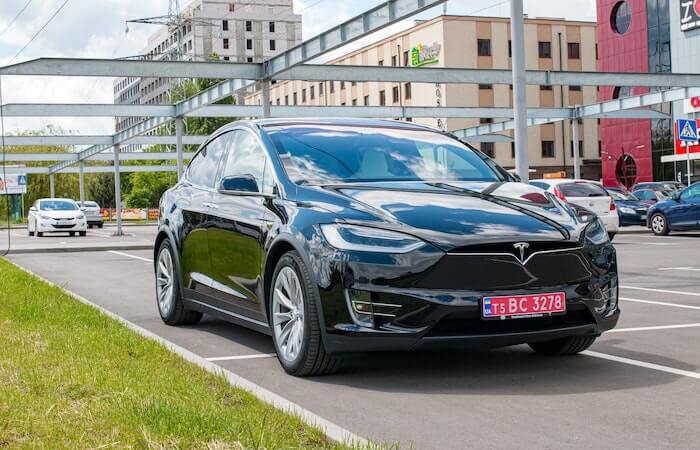The future of electric vehicles (EVs) appears to be very promising. The need for more sustainable transportation solutions has become increasingly apparent. There have been incredible advances in battery technology. For example, the development of solid-state and lithium-air batteries. These have made EVs more efficient and affordable than ever before. In addition, governments worldwide continue to provide financial incentives and other support to encourage the development and adoption of EVs.
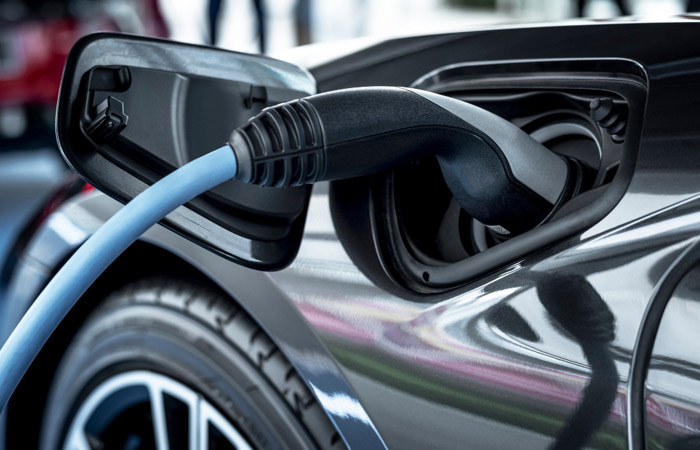
Electric Vehicles: The Trends
The trends with electric vehicles are already pointing in an encouraging direction. According to a report by the International Energy Agency, global sales of battery electric vehicles are expected to triple between 2019 and 2030. Additionally, several countries have taken major steps toward increasing their EV adoption These countries include China, India, Japan, France, and the United Kingdom.
Battery technology
Electric Vehicles (EVs) have recently seen a surge in popularity due to advancements in battery technology. This technology has made EVs an increasingly viable option for long-distance travel. They now boast improved efficiency, extended range, and reduced costs. The cost of batteries is expected to drop even further as new technologies are developed. This will allow consumers to purchase EVs at more affordable prices.
Autonomous driving
Another trend in the EV market is the development of autonomous driving technology. This technology could drastically reduce the cost of operating an EV. It effectively eliminates labor costs associated with the operation of long-distance vehicles. Autonomous driving could also improve safety, as vehicles could respond instantly to any changes in traffic or weather conditions.
Alternative fuels
EVs are increasingly being powered by alternative fuels, such as biodiesel or ethanol. This can reduce emissions from traditional gasoline-powered vehicles, as well as reduce operating costs for EV owners. Additionally, some EVs can run on solar power or other renewable energy sources. This makes them a more sustainable option for transportation.
Government support
Increasing government support further enhances the global adoption of electric vehicles (EVs). In fact, this support is happening worldwide. Governments have been introducing ambitious targets for EV adoption. They provide incentives such as tax relief, grants, and other subsidies. These motivate people to switch from traditional petrol and diesel cars to EVs. This is ultimately helping to accelerate the transition to a low-carbon transportation system. Naturally, EVs play an increasingly important role in achieving this. Consumers can expect improved charging infrastructure, incentives for purchasing EVs, and more comprehensive regulation on emissions.
Electric Vehicles: The Predictions
In addition to these trends, there are also several predictions for how the EV market will evolve in the coming years.
Traditional car ownership
As the electric vehicle (EV) industry grows, we will predictably move away from the more traditional car ownership models and towards new business models such as car sharing and subscription services. This shift will have a major impact on how people access EVs, making it much easier and more affordable for them to do so. Car sharing, for example, has the potential to provide access to EVs without the need for large upfront investments and can help overcome one of the major barriers to widespread EV adoption – affordability.
Moreover, subscription services could give people access to a range of different EVs on demand, allowing them to more easily switch between models depending on their needs and preferences. This could lead to a greater variety of models being available and potentially bring about more widespread EV adoption.
New charging infrastructure
For EVs to become more widely used, it will require an improvement and expansion of charging infrastructure. Governments and private companies are beginning to invest heavily in EV charging stations, making it easier for EV owners to charge their vehicles wherever they travel. This will make long-distance travel easier and more cost-effective, as drivers will no longer need to worry about running out of charge in the middle of their journeys.
Electric Vehicles: In a Nutshell
Electric Vehicles (EVs) have been making great strides in recent years, with advancements in battery technology, government subsidies and incentives, and new business models being developed. These developments are allowing EVs to become increasingly competitive compared to traditional internal combustion engine (ICE) vehicles. The cost of batteries, the lifeblood of EVs, has been steadily dropping, making them more cost-effective for consumers. Additionally, the charging infrastructure has been expanding rapidly, allowing drivers to charge their vehicles at home or on the go. This is also helping to make EVs more attractive as an option compared to traditional ICE vehicles.
Finally, new features like autonomous driving and connected car technologies will increase their appeal even more. These technologies pave the way for a future of connected, self-driving cars that can reduce traffic and make driving much safer.
Electric vehicles are becoming an increasingly attractive option for consumers due to their cost-effectiveness, improved features, and environmental friendliness. With continued advancements in battery technology, increased government support, and new business models being developed, the future of EVs is certainly bright.
